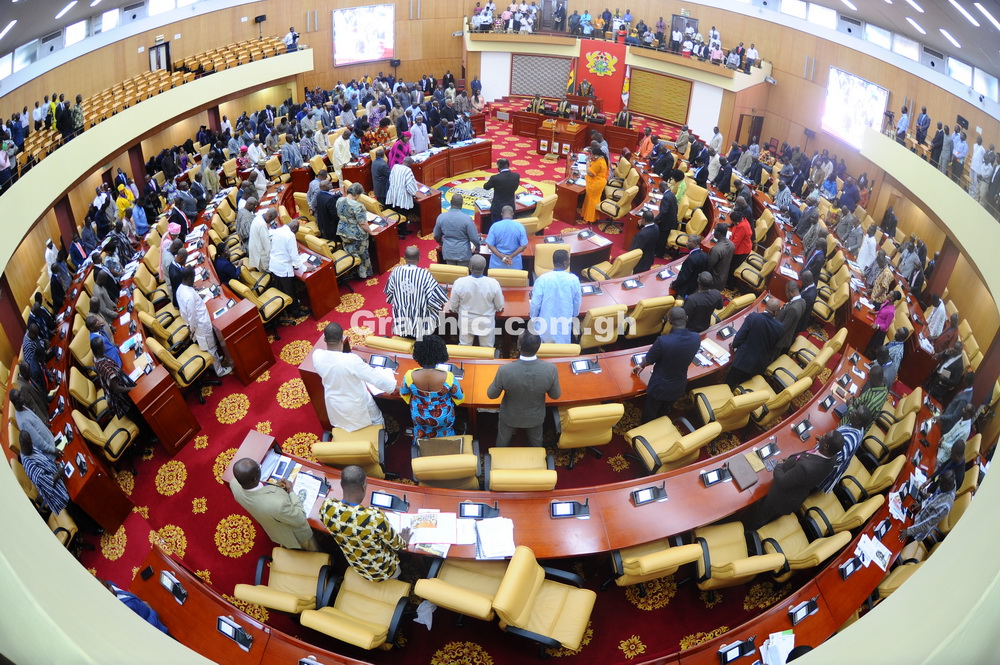
Parliament approves Development Finance Institutions and Communications Service Tax bills, 2020
Parliament last Friday approved the Development Finance Institutions (DFI) Bill, 2020, and the Communications Service Tax (amendment) Bill, 2020 to regulate finance institutions and reduce the communications service tax rate, respectively.
The DFI Bill seeks to regulate development finance institutions which will be non-deposit taking to provide medium to long-term financing for key sectors of the economy, such as agriculture, manufacturing and small and medium-sized enterprises to promote economic growth and transformation.
Advertisement
It also seeks to provide adequate regulation and supervision by the Bank of Ghana aimed at ensuring that the failure of a development finance institution will not have systemic impact on the financial systems as a whole, and at the same time provide additional comfort for potential investors who might wish to invest in the sector.
The object of the CST Amendment Bill is to amend the Communications Service Tax Act, 2008 (Act 754) to provide for a reduction in the tax rate from nine per cent to five per cent to provide some relief for households and businesses that now rely on electronic communication.
DFI Bill
A memorandum that accompanied the DFI Bill said the purpose of the bill was to provide for the licensing, regulation and supervision of development finance institutions in the country to promote growth and development in key sectors of the economy.
It said although the financial system had undergone transformation, a major shortcoming of the financial landscape, largely comprising banks and specialised deposit-taking institutions, was the focus on short-term financing for commercial purposes, with little support for long-term financing needed to accelerate economic development and transformation.
“Therefore, there is the need for the establishment of modern market-oriented development finance institutions which will focus on providing medium to long-term financing, as well as short-term funding guarantees and other credit enhancement structures to support key sectors of the economy,” it said.
Rationale for CST Bill
A report by the Finance Committee said as a result of the restrictions and the protocols introduced to combat the COVID-19 pandemic, a number of innovations in communications had been introduced.
The innovations, it said, had resulted in an increase in the use of electronic communication services.
“Digitalisation is also a major government policy that is to catalyse economic activities and promote growth as part of the development agenda and help achieve the “Ghana beyond Aid” vision.
“The bill, therefore, seeks to reduce the electronic service tax rate from nine per cent to five per cent to provide some relief for households and businesses that now rely on electronic communication services such as data and airtime,” it said.
Fiscal impact of the bill
The report, signed by the Chairman of the committee, Dr Mark Assibey-Yeboah, said the change in the tax rate would result in a reduction in revenue from the tax of about GH¢90.1 million.




